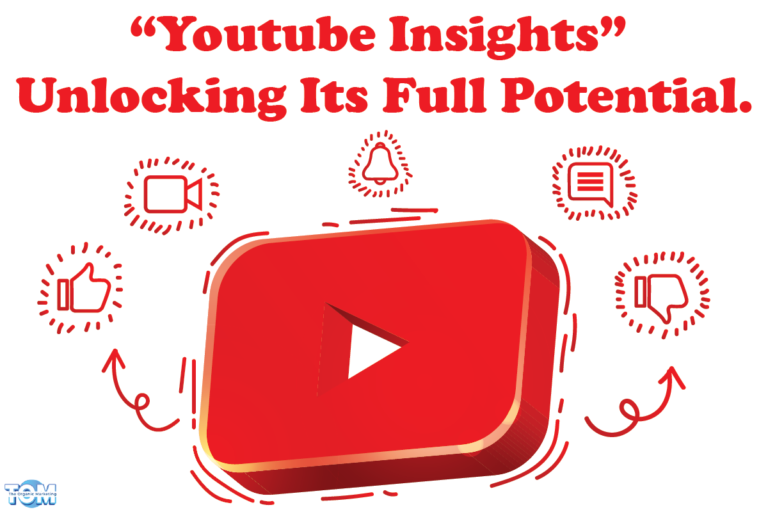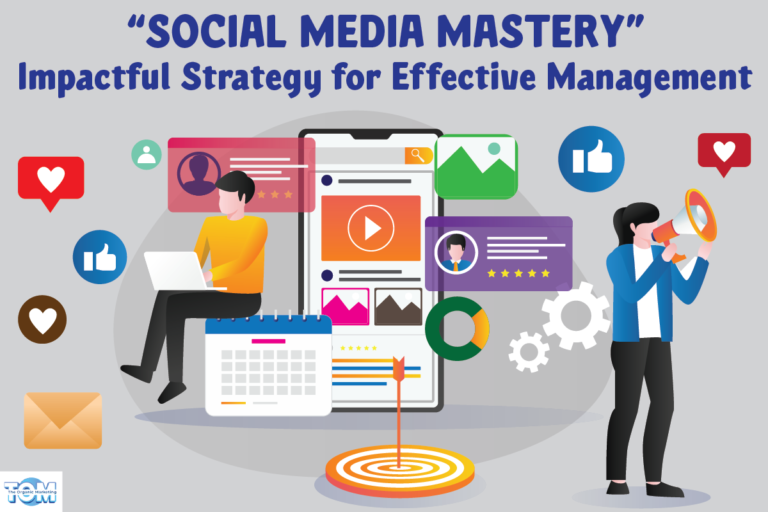Social Media Marketing vs. Search Engine Optimization
Businesses today aim to improve their online presence and draw in a wider customer base in the digital era. Search engine optimization (SEO) and Social media marketing (SMM) are two well-known methods for accomplishing this. While SEO focuses on enhancing search engine ranks, SMM focuses on using social media sites. This blog will present an in-depth analysis of these two approaches, pointing out their advantages, limitations, and ways in which they work in harmony with one another.
SMM is the practice of promoting goods and services using social media sites like Facebook, Twitter, Instagram, YouTube and LinkedIn while interacting with customers and raising brand recognition.
Benefits
- Expanded brand awareness and reach.
- Direct communication with clients enables individualized engagement.
- Creating viral content that increases brand visibility quickly.
- Advertisement that is specifically aimed towards certain populations.
- Influencer collaborations to reach a larger audience and boost credibility.
Challenges
- It might take a lot of effort to manage many social media accounts.
- Consistent work is needed to develop an interested and devoted following.
- Online backlash or unfavourable reviews can damage a brand’s reputation.
- Platforms’ quick algorithm updates may have an impact on reach and exposure.
- Accurate ROI measurement and attribution challenges.
Search Engine Optimization (SEO)
SEO is altering a website’s structure and content to increase its presence in search engine results, boosting organic traffic and boosting conversion rates.
Benefits
- Increased traffic and visibility for websites due to organic search results.
- More credibility and trust as consumers are more likely to believe highly ranked websites.
- Long-term approach that is less expensive than sponsored advertising.
- User experience has been improved owing to website optimisation.
- Improved keyword targeting to draw in quality leads
Challenges
- Keeping informed of changes to search engine algorithms.
- High-ranking keywords and search terms face competition.
- Building quality backlinks and content optimisation takes time.
- Balancing user-friendly website design with SEO criteria.
- Evaluating the direct effect of SEO on conversions is challenging.
Better Together
- Synergy: SMM and SEO are not mutually exclusive; they may complement one another to provide better results. For instance, social networking websites can increase organic search ranks by directing traffic to websites that have been SEO-optimized.
- Cross-promotion: High-quality material may be promoted through social media platforms, generating backlinks and enhancing SEO. Additionally, social media sharing of SEO-optimized content can raise awareness and engagement.
- Keyword Research: SMM offers useful information about the target market’s language, preferences, and interests, which may be leveraged to improve SEO tactics and target the right keywords.
- Conversion Optimization: While SEO focuses on improving the website for conversions, SMM promotes visitors. Higher conversion rates and better ROI might result from a seamless combination of the two approaches.
Both social media marketing and search engine optimization are effective tactics with specific benefits in the world of digital marketing. While SEO increases website exposure, credibility, and organic traffic, SMM increases brand visibility, engagement, and reach. Businesses may create a complete marketing strategy that incorporates the characteristics of both tactics by identifying their unique advantages and difficulties, maximising their online presence and promoting long-term success.
For your one-stop SMM (Social Media Marketing) and SEO (Search Engine Optimization) requirements, reach out to The Organic Marketing.







